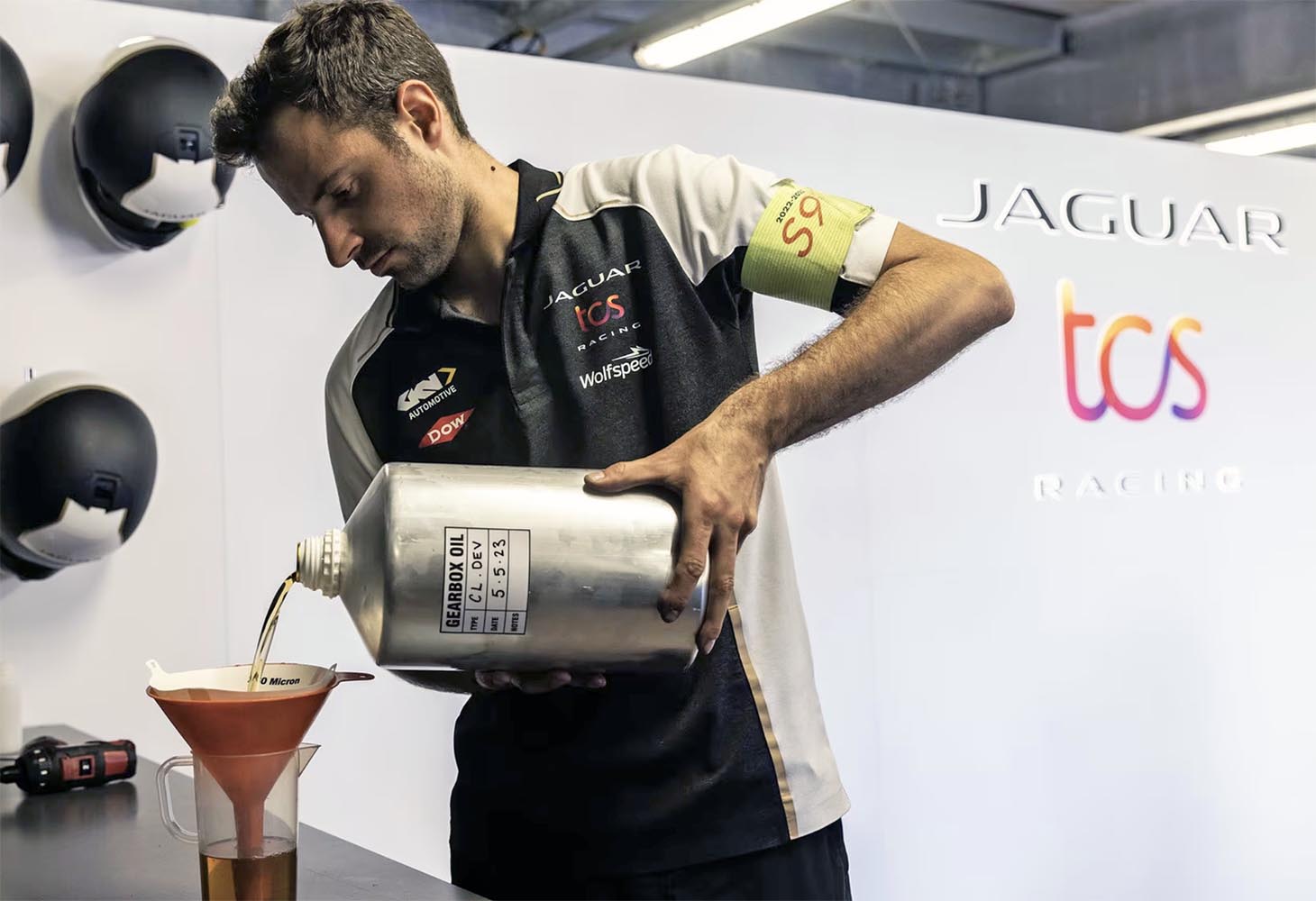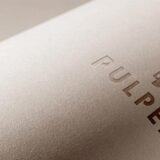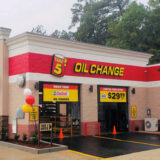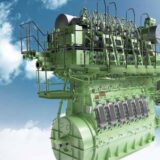
Castrol deploys circular EV transmission fluid on the race track
Jaguar TCS Racing and longstanding partner Castrol set the objective to test and demonstrate more sustainable solutions that also demonstrate the capabilities of circularity. As a result, re-refined Castrol ON EV Transmission Fluid was successfully used in the team’s all-electric race cars at the 2023 Monaco E-Prix.
Pioneering this process at the race track, Jaguar TCS Racing became the first motorsport team in Formula E to claim the use of a more circular transmission fluid.
As Official EV Fluids Partner to Jaguar TCS Racing since 2019, Castrol works with the team to co-engineer advanced electric vehicle (EV) fluids and lubricants to realise the performance and more sustainable solutions that support the future of electric vehicle efficiency.
“We are immensely proud to be the first motorsport team in Formula E to deploy this circular process, by using the re-refined base oil, to a race car and set the standard for pioneering circularity within the paddock. In this World Championship with incredible competition, we cannot compromise on performance, so the successful use of a circular oil without compromise is a gamechanger. I believe this is a key discovery and helps us learn what is possible when pushing the boundaries of EV Fluids for the benefit of future roadgoing cars,” said ” said James Barclay, Jaguar TCS Racing Team principal.
Season 9 of the ABB FIA Formula E World Championship has been a testbed for Castrol, using the Jaguar I-TYPE 6 as a fast-paced laboratory to trial the comparable performance of a more circular transmission fluid.
The prestigious Monaco E-Prix saw the more circular Castrol ON EV Transmission Fluid deployed in a high-performance environment, following successful testing earlier in the season in Berlin, Germany. The iconic race, with its winding streets, high-speed sections, and challenging corners, saw Jaguar TCS Racing driver Mitch Evans take his third podium of the season, and teammate Sam Bird climb six places.
Waste transmission fluid taken from across Jaguar TCS Racing’s test and development activity is collected and re-refined using a technique to recover the base oil. This more circular base oil is blended with performance additives to make a fresh batch of the EV transmission fluid, which is then deployed to the Jaguar I-TYPE 6 gearbox in place of fluid containing virgin base oil.
The successful deployment of the more circular Castrol ON EV Transmission Fluid demonstrated that a more circular transmission base oil can perform in parity to virgin base oil.
Both Jaguar TCS Racing and Castrol will collect key data within the contained ecosystem to develop a technical and practical understanding of the technology and processes around more circular transmission fluid systems, with the ultimate aim of applying the learnings from the race track to road cars.
Sustainability sits at the heart of JLR’s Reimagine strategy. Limiting the use of virgin materials through the adoption of circular economy principles, based on a ‘use less, use longer, use again’ philosophy, will be key in achieving the goal to become net zero by 2039.
Castrol’s PATH360 strategy embraces circular thinking and looks at the life cycle of Castrol’s existing and new products, to see how they can be improved, extended, reused or recycled.
“Our partnership with the Jaguar TCS Racing Formula E Team puts our range of EV Fluids to the test on the track. The performance of our more circular Castrol ON EV transmission fluid in an extreme race environment gives us and customers confidence in the high-quality and high-performance of these fluids. It helps us embrace circularity principles—which is part of our PATH360 sustainability strategy—looking at the life cycle of our products, to see how they can be improved, extended, reused or recycled,” said Nicola Buck, CMO Castrol.
“The use of re-refined EV transmission fluid is a great demonstration of circularity in action on the race track and supports the wider company ambition to adopt circular economy principles so we can reduce the use of virgin materials. We have a clear aim to achieve carbon net zero by 2039 and embed sustainability into the JLR DNA,” Rossella Cardone, director and head of Sustainability Office at JLR.












